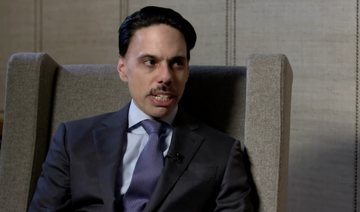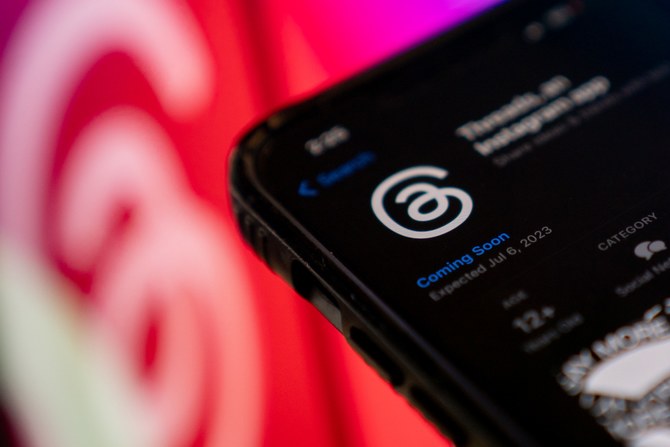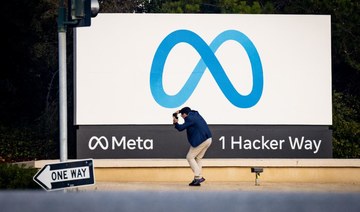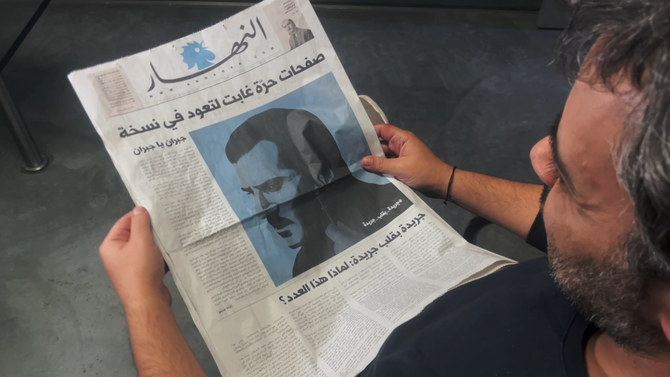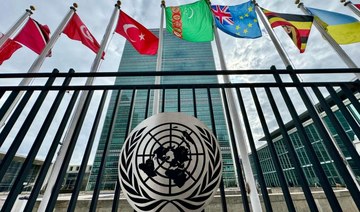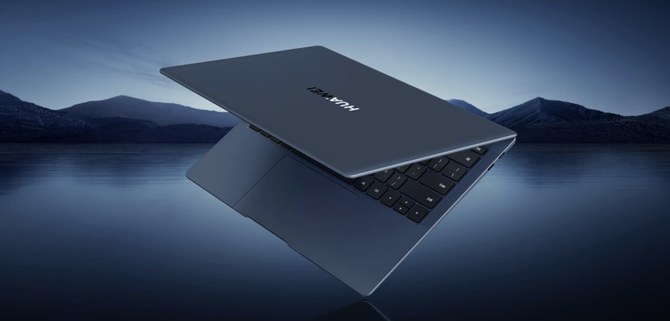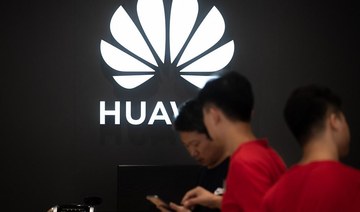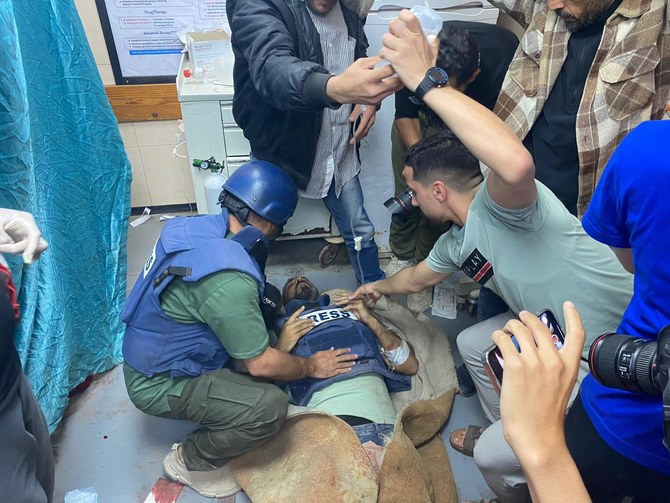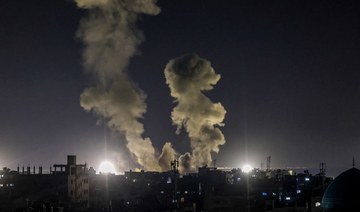LONDON: An investigation into claims that the phone of Amazon CEO Jeff Bezos was hacked has been called into question by cybersecurity experts and several major US media outlets, including the Wall Street Journal, New York Times and the Associated Press (AP).
Specialists on Thursday said evidence from the privately commissioned probe by FTI Consulting is not strong enough for a definitive conclusion, nor does it confirm with certainty that his phone was actually compromised.
The Wall Street Journal reported, late on Friday: “Manhattan federal prosecutors have evidence indicating Jeff Bezos’ girlfriend provided text messages to her brother that he then sold to the National Enquirer for its article about the Amazon.com Inc. founder’s affair, according to people familiar with the matter.”
Experts said while a hack “likely” occurred, the investigation leaves too many “unanswered questions,” including how a hack happened or which spyware program was used, the Associated Press (AP) reported.
Steve Morgan, founder and editor-in-chief of New York-based Cybersecurity Ventures, said the probe makes “reasonable assumptions and speculations,” but does not claim 100 percent certainty or proof.
UK-based cybersecurity consultant Robert Pritchard said: “In some ways, the investigation is very incomplete … The conclusions they’ve drawn, I don’t think, are supported by the evidence. They veered off into conjecture.”
Alex Stamos, former chief security officer at Facebook, wrote that the FTI probe is filled with “circumstantial evidence but no smoking gun.”
Matt Suiche, a Dubai-based French entrepreneur and founder of cybersecurity firm Comae Technologies, told AP that the malicious file is presumably still on the hacked phone because the investigation shows a screenshot of it.
If the file had been deleted, he said the probe should have stated this or explained why it was not possible to retrieve it. “They’re not doing that. It shows poor quality of the investigation,” Suiche added.
Reports on Wednesday suggested that Saudi Arabia was involved in the phone of Bezos being hacked after he received a WhatsApp message sent from the personal account of Crown Prince Mohammed bin Salman.
The Saudi Embassy in the US denied the allegations, describing them as “absurd.” Saudi Foreign Minister Prince Faisal bin Farhan called the accusations “purely conjecture” and “absolutely silly,” saying if there was real evidence the Kingdom looked forward to seeing it.
A Wall Street Journal report quoted forensics specialists as saying the FTI investigation’s claims that Saudi Arabia was behind any possible hacking of the phone “appeared to forgo investigatory steps.”
CNN reported that critics of the probe highlighted a “lack of sophistication” in it, quoting Sarah Edwards, an instructor at the SANS Institute, as saying: “It does seem like (FTI) gave it a good try, but it seems they’re just not as knowledgeable in the mobile forensics realm as they could have been.”
The New York Times said the probe tried to find links between the possible hacking of the phone and an article in the National Enquirer about the Amazon CEO’s extramarital affair with Lauren Sanchez, but any link remains “elusive.”
National Enquirer owner American Media said in a statement regarding the source of the leak on Sanchez’s involvement with Bezos: “The single source of our reporting has been well documented, in September 2018 Michael Sanchez began providing all materials and information to our reporters. Any suggestion that a third party was involved in or in any way influenced our reporting is false.”




